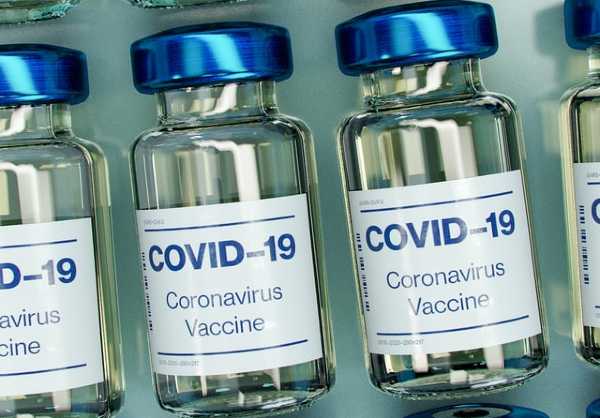
The recent emergency approval and pending approval of Pfizer and Moderna’s COVID-19 vaccinations provide hope that the coronavirus pandemic’s end is closer than ever before and signifies a significant step forward in medicine. These new unique mRNA COVID-19 vaccines may not only change the course of the pandemic but may also change the way vaccinations are produced in the years to come.
The Science Behind mRNA COVID-19 Vaccines
Unlike traditional vaccines that include a weakened or inactivated germ or virus, mRNA COVID-19 vaccines include specialized mRNA that tells the body’s cells to create a specific “spike protein” found in the virus. The body recognizes this new protein and builds an immune response by producing antibodies. When the virus that causes COVID-19 enters the body, the cells are already trained to fight off the “spike protein” found on the virus’s surface. mRNA vaccines can instruct cells to make a variety of proteins, so the vaccines can be adapted to other diseases, in the future.
mRNA is naturally present in our bodies and helps carry instructions to our cells on how to make proteins. It plays a vital role in creating antibodies for both viral and bacterial illnesses. Several concerns have been raised about the vaccine, but the CDC ensures consumers that the vaccine cannot give someone COVID-19 since the vaccine does not include the virus and that it will not alter the patient’s DNA or genetic material since mRNA never enters the nucleus of the cell and the cell breaks down the mRNA once it has done its job.
Why are mRNA COVID-19 Vaccines a Big Deal?
It typically takes 5 to 10 years to create a new vaccine, but the first mRNA COVID-19 vaccine took less than 10 months from conception to emergency authorization. Although this is the first mRNA vaccine to make it past lab testing, researchers have been studying the vaccine format for decades. mRNA vaccines can easily be made in laboratories using entirely ready-made materials. They can also be made more efficiently than other vaccines and the production process can be easily standardized.
Previously, scientists have studied mRNA vaccines for illnesses including the flu, Zika virus, rabies, and cytomegalovirus. Instead of simply giving the body a weakened virus to fight off, mRNA vaccines train a body’s cells to break down proteins, thus breaking down the virus altogether. This groundbreaking development could allow researchers an edge on creating vaccines that would protect against several diseases at once and potentially use mRNA research to train the immune system to fight off specific cancer cells.
Got Medicare Questions?
We hope this information on the science behind mRNA COVID-19 vaccines is helpful to you.
If you have questions about your Medicare coverage, call Empower Brokerage today. Let us help with your Medicare questions so you can get back to the activities you enjoy the most. (888) 446-9157 or click here to get an INSTANT QUOTE
See our other websites:

